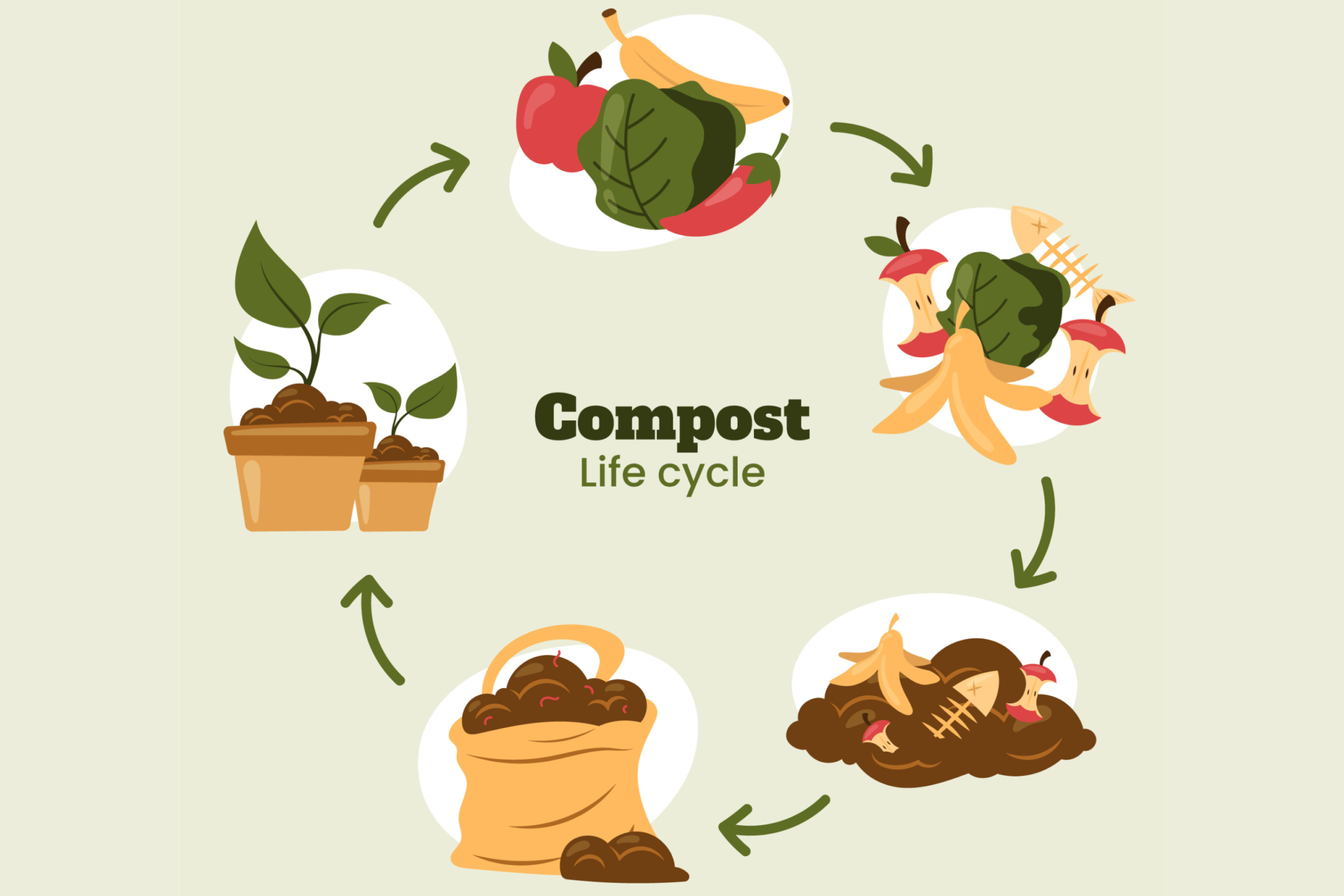The issue of food waste has reached alarming levels globally. With millions of tons of food discarded each year, the environmental and economic implications are profound. However, amidst this crisis, there is a glimmer of hope – composting machines. These innovative devices are revolutionizing the way we manage organic waste, turning it into valuable resources.
Understanding Composting Machines
Composting machines come in various shapes and sizes, catering to different scales of waste management. From small-scale bins suitable for households to large industrial units utilized by municipalities and businesses, these machines all share the same basic principle – breaking down organic matter into compost through biological processes. They achieve this by providing the ideal conditions for microorganisms to thrive, leading to the decomposition of organic waste into nutrient-rich compost.
Benefits of Composting Machines
The benefits of composting machines are manifold. Firstly, they contribute to environmental sustainability by diverting organic waste from landfills, where it would otherwise release methane, a potent greenhouse gas. Instead, this waste is transformed into compost, a valuable soil amendment that improves soil structure and fertility. Moreover, composting machines also offer economic benefits by reducing the costs associated with waste disposal and providing a valuable product that can be sold or used onsite.
Role in Waste Management
Composting machines play a crucial role in modern waste management systems. By diverting organic waste from landfills, they help reduce the volume of waste sent for disposal and mitigate the environmental impacts associated with landfilling. Additionally, compost produced by these machines serves as a sustainable alternative to chemical fertilizers, promoting soil health and reducing reliance on synthetic inputs in agriculture and landscaping.

TMK Equipment
One notable player in the field of composting machines is TMK Equipment. As a manufacturer of organic waste converter machines, TMK is at the forefront of transforming food waste into valuable resources. Their innovative solutions cater to a wide range of applications, from small-scale composting for individual households to large-scale systems for municipalities and industries.
Applications of Compost Produced
The compost produced by composting machines has diverse applications. In agriculture, it serves as a natural soil conditioner, improving soil structure, moisture retention, and nutrient content. In landscaping, it enriches the soil, promotes plant growth, and reduces the need for chemical fertilizers and pesticides. Additionally, compost can be used in soil remediation projects to restore degraded land and mitigate environmental pollution.
Challenges and Solutions
Despite the numerous benefits of composting machines, they are not without challenges. Odor, space requirements, and regulatory hurdles are among the common issues faced by composting facilities. However, ongoing research and technological innovations are addressing these challenges, with advances in odor control systems, compact designs, and community engagement initiatives making composting more accessible and sustainable.
Global Impact
The global impact of composting machines cannot be overstated. By reducing food waste and producing compost, these machines contribute to food security, soil health, and climate change mitigation efforts worldwide. In developing countries, composting offers a low-cost solution to organic waste management, improving agricultural productivity and livelihoods. In industrialized nations, it forms an integral part of sustainable waste management strategies, reducing the environmental footprint of food production and consumption.
Summary
In conclusion, composting machines are transforming the way we manage organic waste, turning a pressing environmental challenge into an opportunity for sustainability and innovation. With their ability to convert food waste into valuable resources, these machines offer a glimpse of a future where waste is no longer wasted but instead becomes a valuable asset in building a more resilient and sustainable world.
